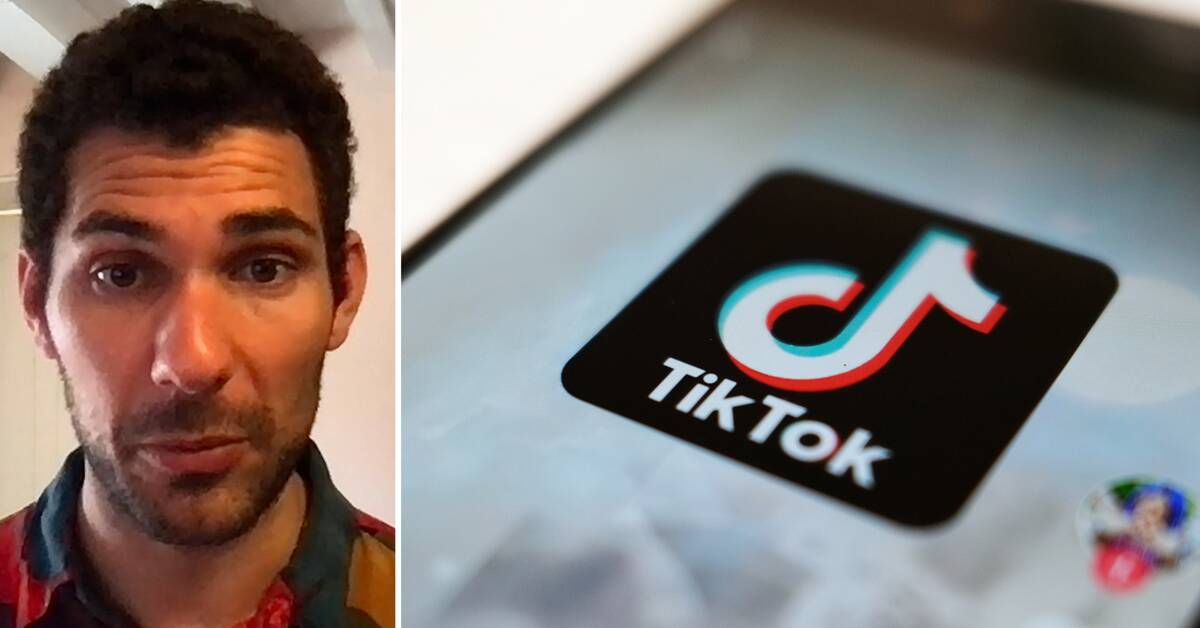Tik Tok announced in early March that it will stop uploading new content and live streaming from Russia.
In order not to violate the Russian censorship laws that strictly regulate what can be said about the war.
A review of the non-profit organization Tracking Exposed, which analyzes how social media algorithms work, shows that Tik Tok self-censorship much harder than that in Russia: in principle, all foreign content has been removed for Russian users of the app.
- The restrictions have been introduced at application level, which means that it required intervention from Tik Tok themselves, says Marc Faddoul, co-founder of Tracking Exposed.
According to their analysis, pro-Russian propaganda has managed to get through the charging ban in Russia.
- Tik Tok is becoming a propaganda channel for the Kremlin.
Russia seems to be moving against the Chinese model of internet censorship, says Marc Faddoul.
Tik Tok is owned by Chinese Bytedance.
From China, the news agency Reuters reports that posts that are critical of Putin have been removed by social media such as Bytedance-owned Douyin, which is Tik Tok's equivalent there.
Tik Tok's head of communications in the Nordic region, Prisa Khosravi, does not want to comment on Tracking Exposed's review, but tells SVT in general terms that "our highest priority is the safety of our employees and users".
After a Russian court recently classified Meta, which runs Facebook and Instagram, as an "extremist organization", they are not only inaccessible to Russians.
Employees at the company can get into trouble just by working there.
That Youtube is still allowed may be due to the fact that they are so big in Russia that the censorship will then be obvious to many more.
But it is speculated that it is only a matter of time before Google with Youtube is also shut down.

